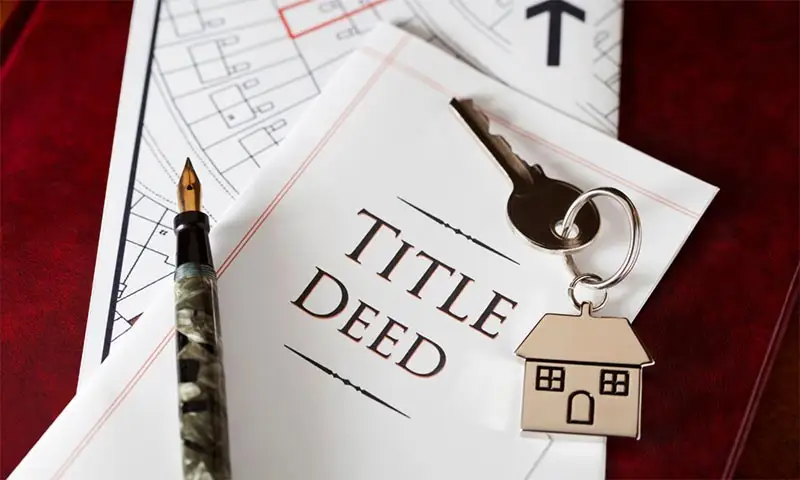Understanding title deeds in Thailand is essential for anyone planning to buy, sell, or lease property in the country. Title deeds are legal documents that establish ownership, usage rights, and legal obligations concerning land or real estate. The type of title deed determines the extent of the owner’s rights and what can legally be done with the land.
1. Types of Title Deeds in Thailand
There are several types of title deeds in Thailand, each with varying levels of ownership rights and restrictions:
1.1 Chanote (Nor Sor 4 Jor) – Full Ownership
- Most secure and recognized title deed in Thailand.
- Indicates full ownership with clear boundaries and GPS coordinates.
- Allows the owner to sell, transfer, lease, or mortgage the land.
1.2 Nor Sor 3 Gor – Certifiable Ownership
- Indicates an ownership claim that can later be upgraded to a Chanote.
- The boundaries are officially measured but not always marked with permanent reference points.
- Suitable for development or sale.
1.3 Nor Sor 3 – Land Utilization Certificate
- A step below Nor Sor 3 Gor; less secure.
- Recognizes land possession but does not confirm exact boundaries.
- Requires additional surveys for upgrades or transfers.
1.4 Sor Kor 1 – Land Claim Certificate
- Recognizes an individual’s claim to land but does not grant full ownership.
- Cannot be sold or transferred except to direct heirs.
2. Legal Implications of Title Deeds
2.1 Due Diligence on Title Deeds
Before purchasing property in Thailand, it is crucial to conduct title deed verification to confirm:
- The authenticity of the title.
- Any existing encumbrances or mortgages on the property.
- Zoning restrictions or legal disputes involving the land.
2.2 Foreign Ownership Restrictions
Foreign nationals cannot own land outright in Thailand, but they can:
- Own condominiums under specific conditions.
- Lease land for up to 30 years, with renewal options.
- Invest through Thai companies that meet the required ownership structure.
3. Title Deed Transfer Process
- Title Deed Examination – Verify the title deed at the Land Department to ensure the land is free of encumbrances.
- Contract Signing – Draft and sign a purchase agreement with the terms of the sale.
- Payment of Transfer Fees and Taxes – Fees typically include:
- Transfer fee: 2% of the appraised value.
- Stamp duty or specific business tax (depending on the situation).
- Withholding tax for individual sellers.
- Registration at the Land Department – The new owner’s name is officially recorded on the title deed.
4. Common Issues and How to Avoid Them
- Encroachments and Boundary Disputes: Ensure a professional survey of the land.
- Unclear Ownership: Verify that the title holder has the legal right to sell the property.
- Fraudulent Titles: Work with a legal expert to verify title authenticity.
5. Importance of Legal Assistance
Navigating Thailand’s property laws can be complex. Engaging a lawyer or property consultant experienced in Thai real estate is highly recommended for:
- Conducting thorough due diligence.
- Assisting with title deed verification.
- Ensuring compliance with Thai property regulations.
Conclusion
Title deeds in Thailand are a fundamental part of land and property ownership. Knowing the type of title deed, its legal implications, and how to verify its authenticity is crucial for protecting your investment. Whether you are a foreigner or a Thai national, conducting proper due diligence and consulting with legal experts will help you avoid potential risks and ensure a successful property transaction.

